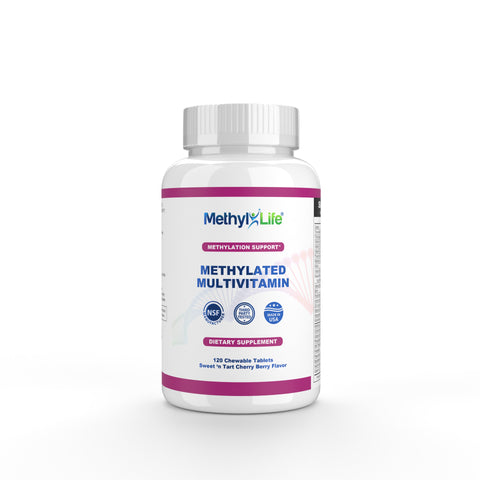MTHFR gene mutation, Methylfolate deficiency, Folic Acid supplementation, you’ve heard it all by now. Despite it being all over the internet and social media, many people are still clueless about the importance these three things have on your child’s daily health -- which is one of the most significant reasons many children won’t get tested for it.
It’s believed that nearly 40% of the entire population will have a mutation in at least one of their copies of the MTHFR gene, yet a majority of these people will go their entire lives without knowing it. In some cases, people will carry two variants of the mutation, making matters even worse.
Learning how to take control and manage your MTHFR mutation at an early age can drastically change the course of your life for the better. There are even steps a mother can take before the child is born to help reduce the risk of folate deficiency.
We understand this is a complex subject that many people don’t know about. That’s why we’re going to break down everything you need to know about MTHFR in children, including the various signs and symptoms, the testing process, and different ways to manage the mutation.













